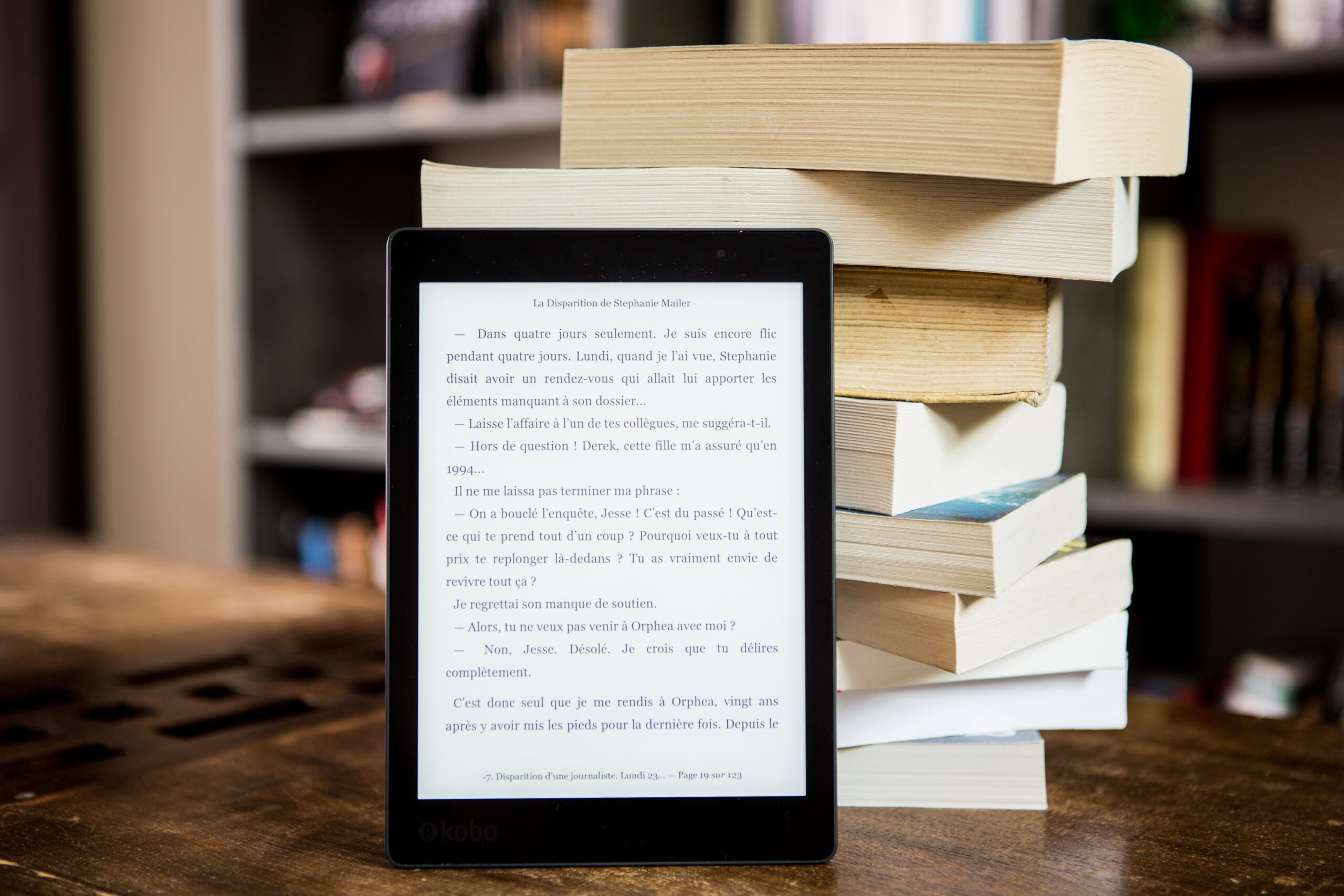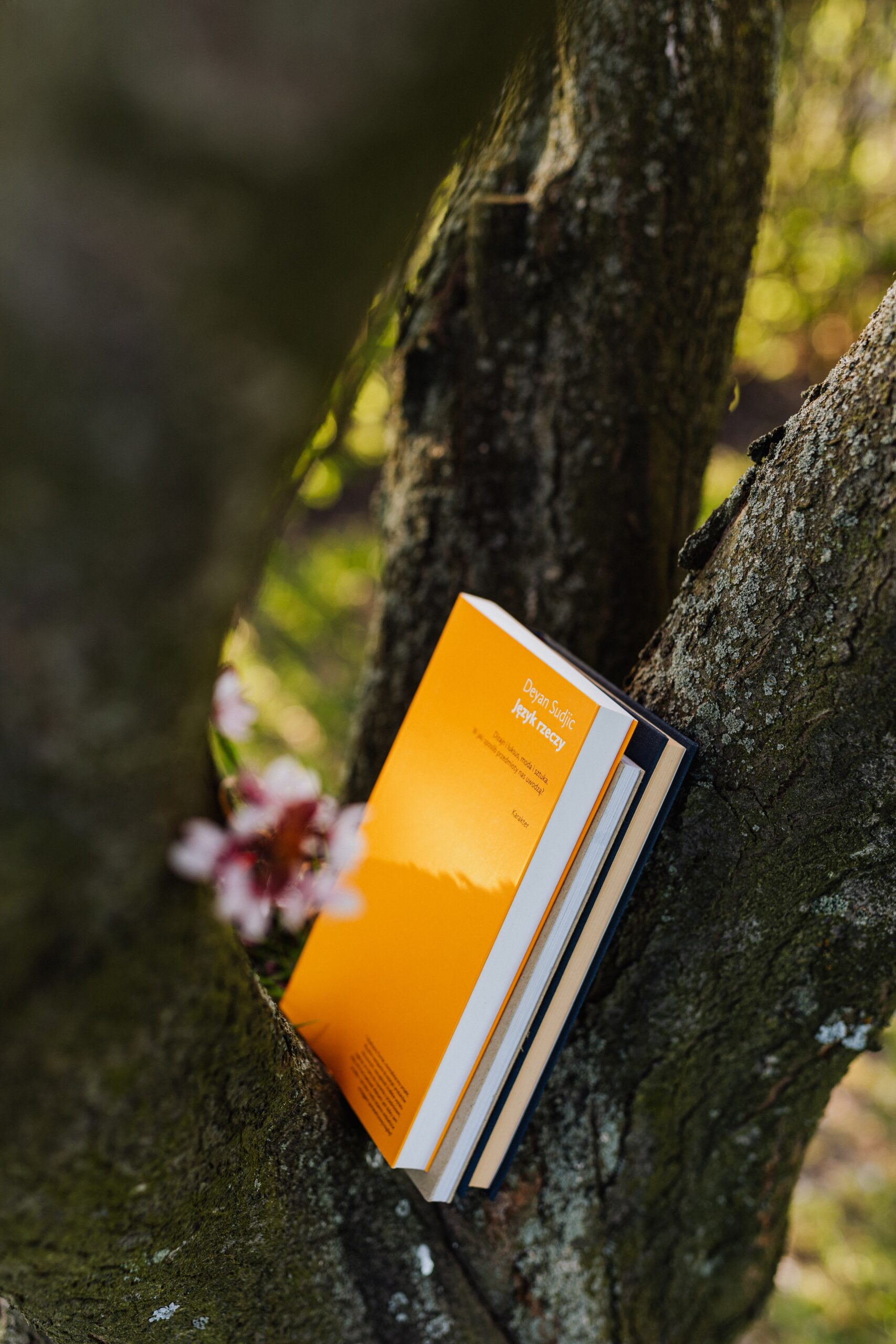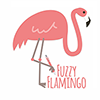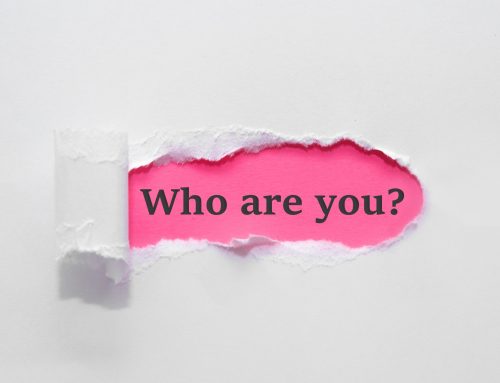
One of the questions I get asked the most is ‘Should I publish a printed book or an ebook?’ So here are the benefits for each:
Printed books
There’s nothing I love more than browsing in a bookshop. I am definitely attracted to covers, plus if they have something to make them stand out from the crowd such as embossing (raised sections making the cover beautifully tactile), spot UV lamination (areas of the cover picked out in shiny lamination against a matt background, with so many new options with some printers including raised spot gloss (tactile and shiny!!) and glitter spot UV) and foil blocking (think gold, silver, bronze and now many other colours too, I’m attracted like a magpie!) I’m much more likely to pick it up and buy it. You just don’t get that online.
Printed books offer more of an experience for the reader, with the look, feel and even the smell! That’s right, I’m a book sniffer, and I know I’m not alone!
Printed books look great on a bookshelf and impress your house guests when they see what a great array of reading materials you have.
You can write in them. I may not like to write in all my books (feels like sacrilege sometimes), but ones I’m studying (e.g. for courses or even book clubs) I like to be able to whip out my highlighters and make notes in the margins. Plus, books such as journals and handbooks are there for writing on, so there’d be little point publishing these as ebooks.


Ebooks
You can store hundreds of books on it. This has multiple benefits:
- it won’t put you over the luggage allowance when you go on holiday (me doing this prompted my husband to buy me an ebook reader!)
- you won’t run out of space on your shelves
- you won’t damage your joints carrying big textbooks to and from uni.
You change the font and font size. This makes books more accessible to those who might not be able to read standard books because of sight issues or neurological impairments that make reading certain fonts tricky. There is even a read aloud function for some ebook readers and books.
It can help people with physical issues that make holding books tricky. I am one of those people. My psoriatic arthritis affects my fingers and wrists and so I read mostly on my ebook reader, especially for those longer books like the fantasy novels I love! I often buy the ebook version of a book I’m struggling to hold, or the paperback version for my shelf of an ebook I particularly enjoyed!
People can’t see what you’re reading. This can be useful for fans of erotic fiction (ebook reader sales increased during the 50 Shades phenomenon for this reason!), but also those trying to hide the sheer volume of books they’re buying from their significant others (you know who you are!).
So, which should I publish?
As you can see, printed books and ebooks appeal to distinct audiences, although there is some overlap (like me!), so it makes sense to cater to those different groups by publishing both. But do look at the audience of your particular genre. People are unlikely to buy a journal as an ebook because they want to write in them, and are unlikely to buy children’s picture books as ebooks because they don’t want their kids getting their sticky fingers on their Kindles! Likewise, people are unlikely to buy a novella or short story as a printed book because the cover price would need to be too high, but a quick, low cost read as an ebook might appeal.
From a financial point of view, it is mostly cheaper to publish an ebook than a printed book, but if you’re thinking of eventually having a printed book it is more cost effective to publish the ebook in addition to the printed book rather than the other way around. That’s because most typesetters (including me) do the majority of the ebook coding as they go with designing the printed book so that it’s less work to convert to an ebook afterwards, whereas the design work wouldn’t be done for an ebook only, so you’d effectively be repeating work if you need to typeset it after.
Know your audience, and if it’s broad and the genre appeals to both groups then publish both if you can.







